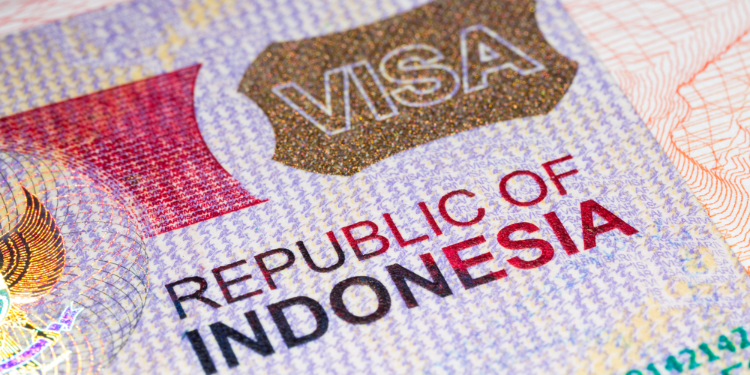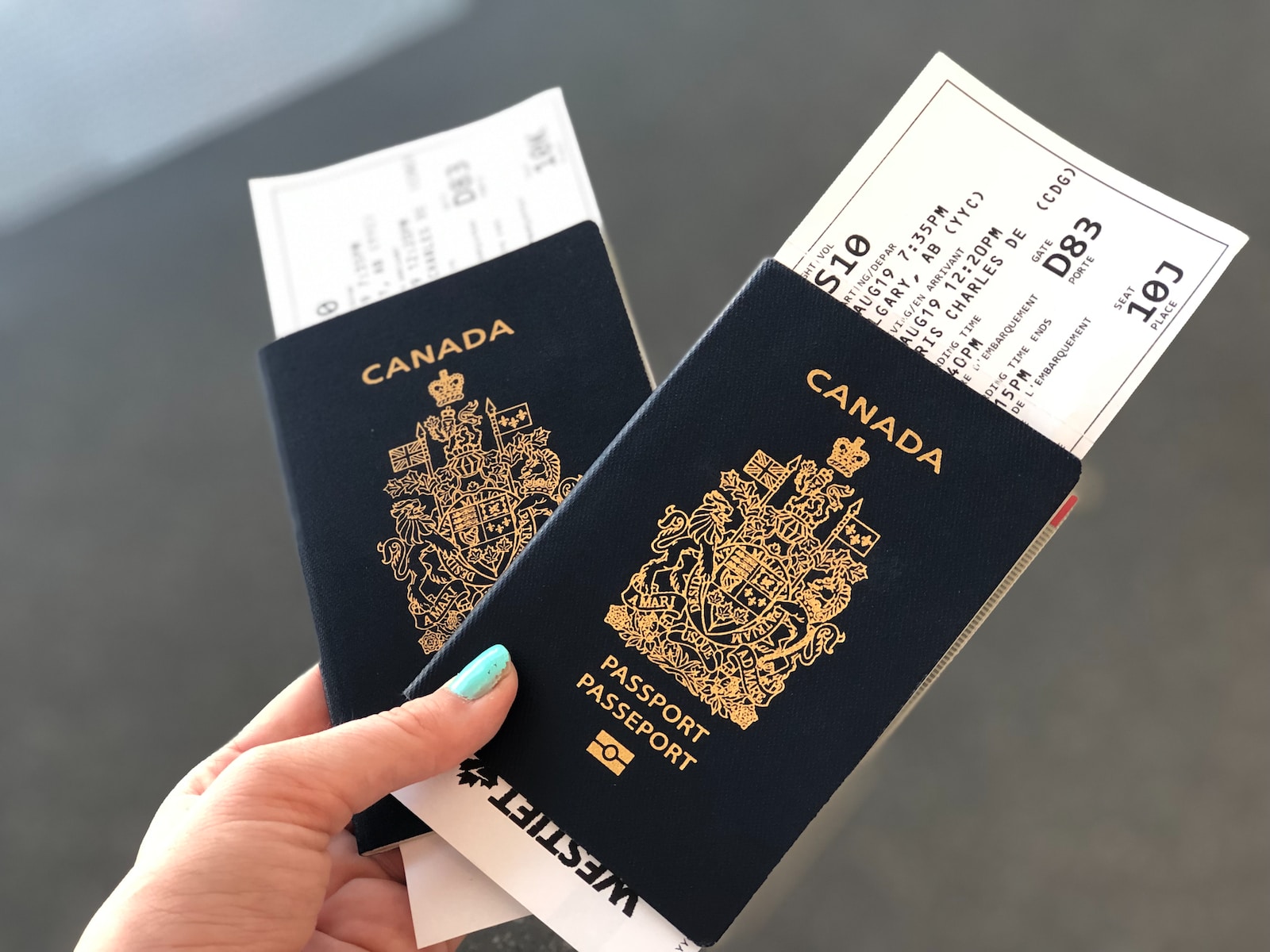Backpacking Travel: All You Need to Know Before Backpacking
What Does Backpacking Mean in Travel
Backpacking is a type of independent travel where a person travels with only essential items in a backpack, usually for an extended period of time. Backpackers often stay in budget accommodations such as hostels or campgrounds, and travel by public transportation, hitchhiking, or on foot.
TABLE OF CONTENTS
Backpacking can be a way to explore new destinations and experience different cultures on a limited budget. It allows travelers to get off the beaten path and see places that are not typically visited by tourists. Backpacking can also offer opportunities for personal growth and self-discovery, as it often involves stepping out of one’s comfort zone and taking on new challenges.
Backpacking can take many forms, from short trips to long-term travel that spans multiple countries or continents. Some backpackers prefer to travel alone, while others travel in groups or with a partner. Backpacking can be a popular way to explore natural landscapes such as mountains, forests, or beaches, as well as cities and urban areas.
Backpacking can be a great way to see the world, meet new people, and experience different cultures. It can also be a cost-effective way to travel, as backpackers often prioritize low-cost accommodations and transportation. However, it’s important to be prepared for the challenges of backpacking, such as navigating unfamiliar places, managing limited resources, and dealing with unexpected situations.
Is Backpacking a Good Way to Travel?
Backpacking can be a great way to travel, particularly for those who are on a budget or who prefer a more independent and flexible travel experience. Backpacking allows travelers to explore new destinations and experience different cultures while keeping costs low, and it can be an ideal way to travel for those who enjoy adventure and meeting new people.
Some of the advantages of backpacking as a way of travel include:
- Affordability: Backpacking can be a cost-effective way to travel, as backpackers often stay in budget accommodations and use public transportation or other low-cost options.
- Flexibility: Backpacking offers a high degree of flexibility, as travelers can easily change their itinerary, move to a different location, or extend their trip if they choose.
- Cultural immersion: Backpacking offers the opportunity to immerse oneself in a new culture and experience life as a local, which can be a rewarding and memorable experience.
- Personal growth: Backpacking can be a transformative experience that offers personal growth and self-discovery, as it often involves stepping out of one’s comfort zone, taking on new challenges, and gaining new perspectives.
- Adventure: Backpacking can be a great adventure that offers the opportunity to explore new destinations, meet new people, and experience new things.
However, backpacking is not for everyone. It can be physically demanding, and travelers may need to be prepared to cope with unexpected situations, such as changes in weather or disruptions to travel plans. It’s also important to be aware of the potential risks and challenges of traveling alone or in unfamiliar environments. It’s important to research the destination and take appropriate safety precautions before embarking on a backpacking trip.
Overall, backpacking can be a great way to travel, but it’s important to carefully consider the advantages and potential challenges before deciding if it’s the right travel style for you.
What is The Difference Between Backpacking And Hiking?
Backpacking and hiking are both outdoor activities that involve walking or trekking, but there are some key differences between the two.
Backpacking involves carrying a backpack containing all of the necessary supplies and equipment needed for an extended trip, typically lasting for several days or weeks. Backpackers often travel on foot or use other modes of transportation such as bicycles or canoes. The goal of backpacking is to explore and experience the destination, and backpackers often stay in remote or wilderness areas, often camping overnight or staying in budget accommodations.
Hiking, on the other hand, is typically a day trip or shorter excursion that involves walking or trekking through a natural environment such as a park or a trail. Hiking can be done with or without a backpack, and typically does not require overnight accommodations or extended stays. The focus of hiking is often on physical activity, enjoying the outdoors, and taking in the scenery.
While backpacking and hiking can be similar in terms of the physical activity involved, the main difference lies in the duration and intensity of the experience. Backpacking involves carrying more equipment and supplies, often over longer distances and for longer periods of time, while hiking is typically a shorter and less intense excursion. Both activities can be a great way to enjoy the outdoors and experience nature, but they offer different levels of challenge and require different types of preparation and planning.
How Much Money do You Need to be a Backpacker?
The amount of money you need to be a backpacker can vary depending on a number of factors, including your destination, travel style, and personal preferences. Generally, backpacking is a budget-friendly way to travel, as it often involves staying in hostels, cooking your own meals, and using public transportation or other low-cost options.
Here are some factors that can affect the cost of backpacking:
- Destination: Some destinations may be more expensive than others, so it’s important to research the cost of living and travel expenses in the areas you plan to visit.
- Travel style: Your travel style can also affect the cost of backpacking. For example, staying in budget accommodations, cooking your own meals, and using public transportation can help keep costs low.
- Duration of travel: The longer you travel, the more money you’ll need. It’s important to budget for all of your expenses, including food, accommodations, transportation, and activities.
- Personal preferences: Your personal preferences can also affect the cost of backpacking. For example, if you prefer to eat out at restaurants, take tours, or participate in other paid activities, your expenses may be higher.
As a general rule of thumb, budget-conscious backpackers can aim to spend around $50-100 per day on their travels, although this can vary widely depending on the factors mentioned above. It’s important to budget carefully, research your destination, and be prepared for unexpected expenses in order to make the most of your backpacking experience.
Overall, backpacking can be a rewarding and memorable experience that offers many advantages, including flexibility, affordability, cultural immersion, personal growth, adventure, and environmental awareness. However, it’s important to be prepared for the challenges of backpacking, such as navigating unfamiliar places, managing limited resources, and dealing with unexpected situations.











